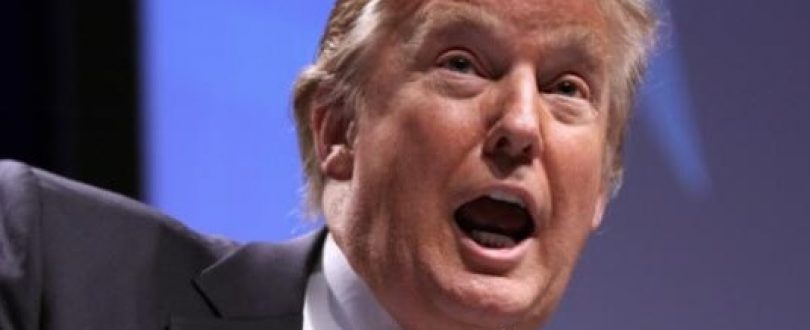
Trump’s Plan to Revoke Working Permits for H-4 Visa Holders to Leave 100,000 Jobless.
If the plan of Donald Trump’s administration to revoke work permits for spouses of H-1B visa holders gets approved, then the US will have around another 100 thousand more unemployed residents.
A study carried out recently by Christopher J.L Cunningham of the University of Tennessee at Chattanooga and Pooja B.Vijaykumar from the Kemmy Business School at the University of Limerick, on the implications that the proposed H-4 visa update would cause, found that such a shift would probably socially isolate the spouses.
The study also shows that if the spouses of H-1B, who have come to the US under the H-4 Visa are left jobless, domestic tensions would rise and this situation would strain the family’s financial resources.
“Policy changes like the one being considered for America are often made in the absence of complete information that might help policymakers better understand the true breadth of likely consequences,” the study says among others, also suggesting that the policy change would hurt the H-1B visa holder’s satisfaction and increase the risks that continue in a foreign posting, what would cost to their US employer from $250,000 to $1 million, in addition to indirect costs.
According to the authors of the research a reinstated ban likely “will be more critical and difficult for expatriate families than what was experienced in 2014, as many of these individuals who were temporarily benefited by the previous presidential administration’s immigration policies may have, in this time, bought a home or started their businesses.”
Policy Change Would Leave 60,000 Indians Jobless
Among the foreseen 100,000 US workers to remain jobless after the proposed work authorization revocation, that remain in the US under the H-4 visa as spouses of the H-1B visa holders, over 60% of them are Indian passport holders. So far, Indian citizens have been the largest group of those benefiting from the H-1B visa holders as well as of the H-4 visa, therefore with the new changes to be applied, they will be the most affected group.
Brief History of H-1B & H-4 Visas
H-1B Visa is a US visa given to foreign skilled workers to come to the US and work for a certain company. The H1B visa program allows foreigners from areas, which require specialized knowledge to come to the United States and fill available jobs. It has been popular, especially among Indians, who have been awarded more than 70% of H1B visas.
Though its initial validity is no longer than three years, this visa can later be extended for up to six years. For one to be able to get this visa, he/she must first have a job offer from a company that will apply in their name.
Whereas, the H-4 visa is issued by the U.S. Citizenship and Immigration Services (USCIS) to immediate family members of the H-1B visa holders, which includes only the spouse and children under 21 years of age.
Before 2015, H-4 visa holders were not allowed to work, but the rules changed later and these internationals are permitted to work based on conditions specified by the H-4 EAD program. The H-4 EAD is only permitted if your spouse or parent is on an H-1B visa, and not for other types of visas such as H-1B1, H-2A, H-2B, or H-3 visa.
These changes were undertaken during the Obama presidency, when the administration argued that allowing H-4 spouses to work would support the US economy, taking as an example the H-1B nonimmigrant visa holders and their spouses as significant contributors to entrepreneurship, research, and development. Unlike H-1B, the H-4 status is not restricted to a specific employer the employer does not need to obtain approval from the Department of Labour, and its holders are not prohibited from starting a business or hiring employees.
However, the Trump administration under the America First Policy has proposed the removal of work authorization for H-4 visa holders, which proposal would affect all people currently working under an H-4 visa.
The move to ban these people from working has been opposed by top IT companies like Facebook, Google, and Microsoft.

